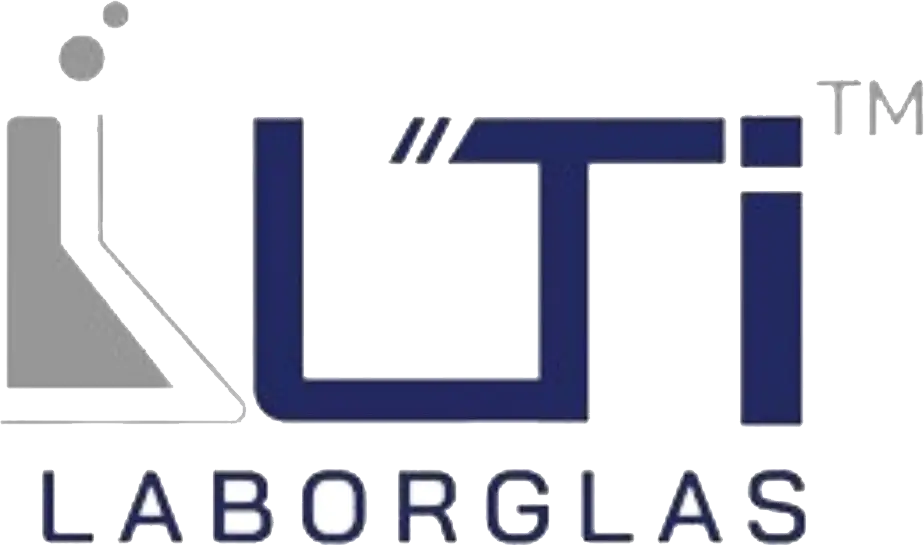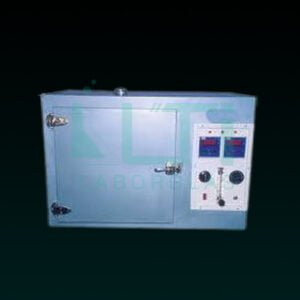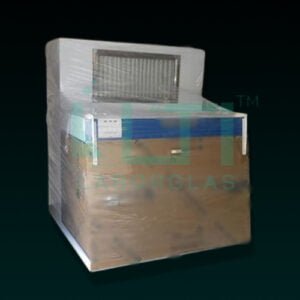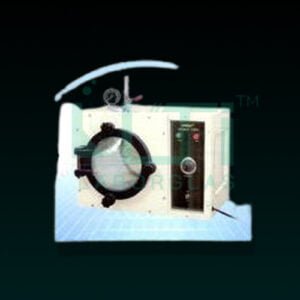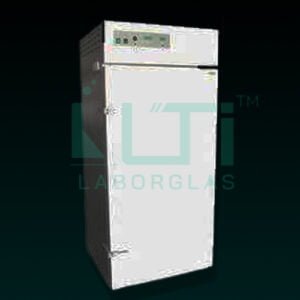Features:
- Designed for multiple application including heat treating, ceramic firing, ashing and thermocouple calibration
- Heavy duty steel construction for durability having epoxy powder coating finish in regular Model
- No exposed long lasting kanthal AI heating elements
- Maximum energy efficiency which is achieved being use of high thermal efficient ceramic insulation surrounding the chamber
- Solid state cutout removes power to heaters if unit exceeds maximum temperature
- Choice of solid state electronic temperature controller with digital indicator or microprocessor based temp. Controller having dual indication of “set” and “process” temperature with printer output
- Housing made of 316L matt finish in GMP model
- Maximum temperature:1200c, working temperature:1160c
- Operates on 239 volts
A Muffle Furnace (High Temperature) is commonly used for:
- High-Temperature Heat Treatment: Performing heat treatment processes at elevated temperatures.
- Ashing: Used for the combustion of organic materials to leave behind ash.
- Sintering: Applying controlled heating for the bonding of particles in ceramics.
- Material Testing: Studying the behavior of materials under extreme heat conditions.
- Laboratory Experiments: Utilized in scientific research for controlled high-temperature studies.
- Quality Control: Ensuring consistent conditions for testing and analysis.
- Metallurgical Processes: Applied in metallurgy for various heat treatment applications.
- Industrial Manufacturing: Employed in industries for specific high-temperature processes.
- Annealing: Used for the controlled cooling of materials after heating.
- Ceramic and Glass Processing: Firing and shaping ceramic and glass materials at high temperatures.
